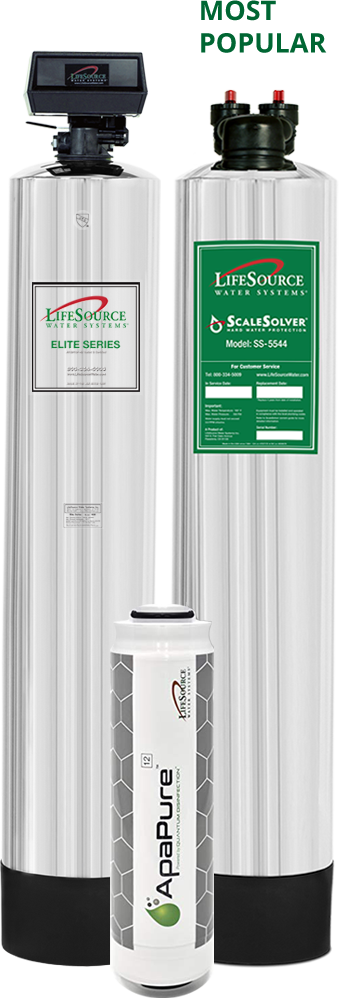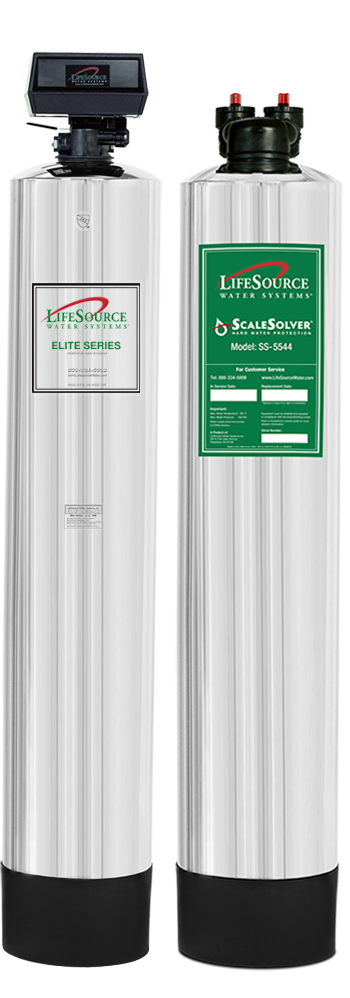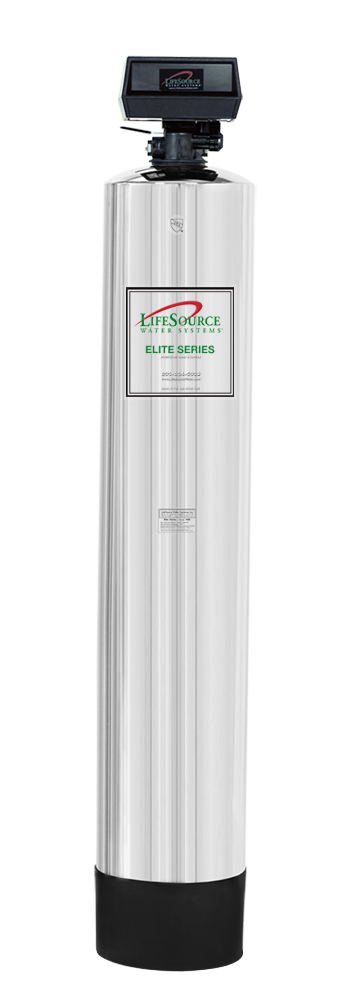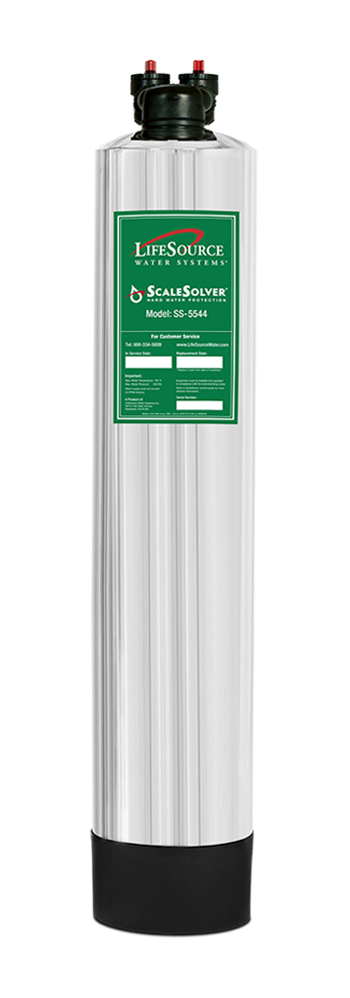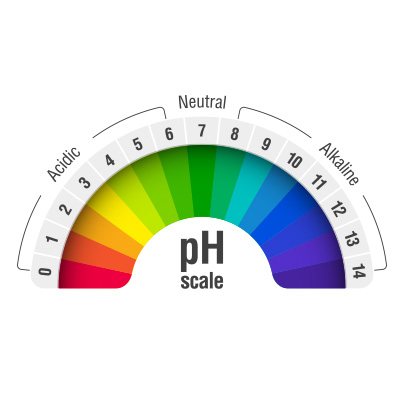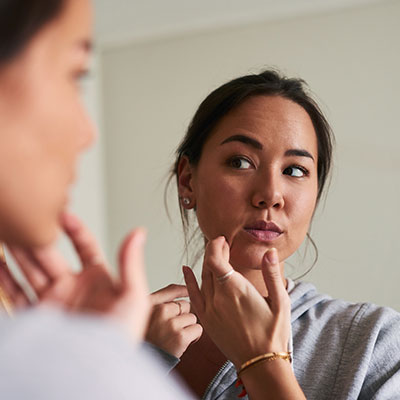
5 Benefits to Drinking Water in the Morning
All You Need to Know About Hydrating In the AM

5 Reasons Water Should Be Your Go-To Morning Drink
1. Increase Your Energy Levels
As we mentioned before, you may wake up feeling dehydrated after a night's sleep. Guzzling a glass of H2O every morning can help avoid this from happening by replenishing your body with the fluids it needs.
2. Become More Calorie Conscious
While water won't magically result in weight loss, replacing sugary or high-caloric drinks with water can help lower your daily calorie count.
Choose water over sweetened drinks (CDC guidance).
Eating water-rich foods is more filling, which may help you lower your calorie intake. Water-rich foods, like soups, oatmeal, vegetables and fruits, often take a longer time to chew, helping you eat more slowly, and thereby making you feel full faster.
3. Help Ease Aches and Pains
Drinking water helps lubricate and cushion joints. Adequate water intake also prevents inflammation and joint friction by regulating fluid balance. And, since dehydration can cause a cortisol spike, your stress levels may rise without proper hydration. However, stress levels are impacted by much more than just dehydration—so drinking more water won't necessarily reduce stress.

4. Promote Skin Hydration
Drinking water can improve skin density and thickness. A loss of skin density manifests as thinner skin, deeper wrinkles, and a duller complexion. While drinking water cannot prevent wrinkles, it can improve skin hydration and water retention.
5. Improves Digestion
Healthcare professionals emphasize that drinking water is critical for healthy digestion, as it helps alleviate constipation—a common side effect of dehydration.
Hydration helps fiber work and supports regularity (NIDDK).
Myths, Debunked
Water Removes Toxins: False
You may have heard that drinking water in the morning flushes toxins out of your body.
This may stem from the idea that, as the primary regulators of fluid balance and toxins in your body, your kidneys require water to rid waste from your blood. However, your kidneys’ capacity to clear your body of a given substance is not determined by how much water you drink nor at what time.
Cold Water Improves Your Metabolism: Kind Of
There’s a popularly held belief that drinking cold water jump-starts your metabolism, which in turn helps you lose weight. However, studies show that drinking cold water only causes a five percent increase in the number of calories you burn.
To illustrate this, further research shows that drinking cold water amounts to a mere 4 to 7 calories shed per glass (equivalent to one M&M).
Whether this small shedding of calories makes a difference in weight loss is subjective.
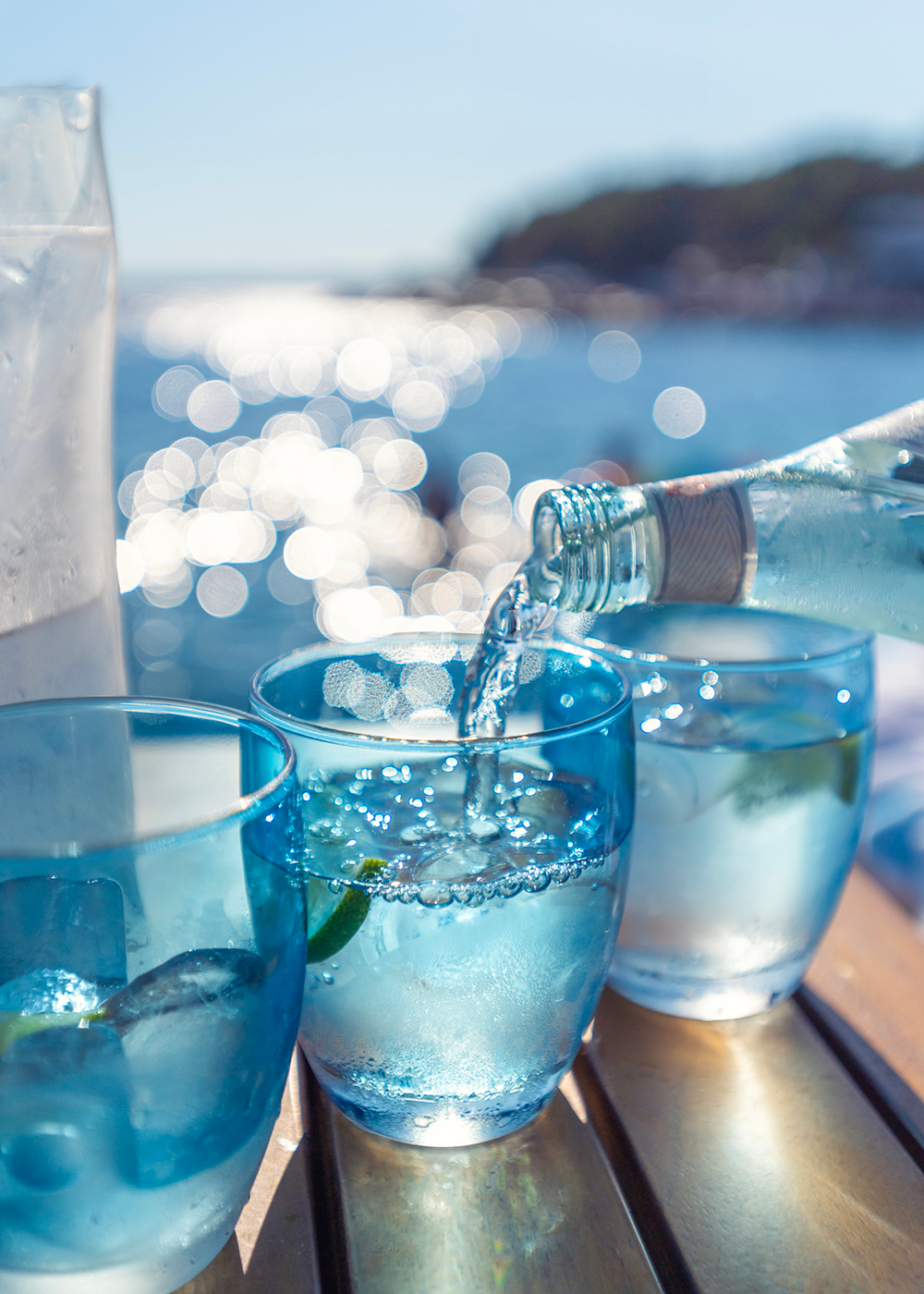

Hot Water Is Better In The Morning: Not Necessarily
Another widespread opinion suggests that if you reach for hot over cold water when you wake up, it can soothe your body. For example, warm water may benefit digestion for those having stomach issues. However, older studies have found that drinking warm water may interfere with hydration since cold water is easier to glug than hot water.
Bottom Line: Drink whatever temperature water makes you feel good.
Make the Most of Your Hydration
So, how much water should one drink daily? Many are familiar with the golden standard of drinking eight glasses a day, which originated in the 1940s from the Food and Nutrition Board. However, this recommendation lacks robust scientific backing, as it emerged at a time when studies on hydration were limited.
What's more notable is that following this recommendation came the phrase: "Most of this quantity is contained in prepared foods," which can be misleading. It overlooks the fact that all foods contain water, with fruits and vegetables having the highest content.
Since then, the recommendation has evolved to drink half of your body weight in ounces throughout the day. This amount varies, depending on:
-
Weight
-
Activity levels
-
Environment
-
Metabolism
Is It Good to Drink Water in the Morning on an Empty Stomach?
You may find plenty of articles detailing the benefits of drinking water on an empty stomach, but until we find conclusive evidence that this practice performs incredible feats, we must be wary of these claims.
But here's where things get more nuanced: Although this habit is certainly healthy, it's not a defining factor of good hydration and health. The most important takeaway is that you're drinking water overall.
"The health aspects of staying hydrated is measured over the course of a day, rather than the time of day you drink water or the sequence of drinking water in relation to breakfast or any other meal," says William W. Li, M.D. and physician.
In other words, it's great to drink water when you first wake up and before you eat, but there's also no harm in waiting. Plus, hydrating foods in combination with a healthy glass of water will help you start feeling your best.
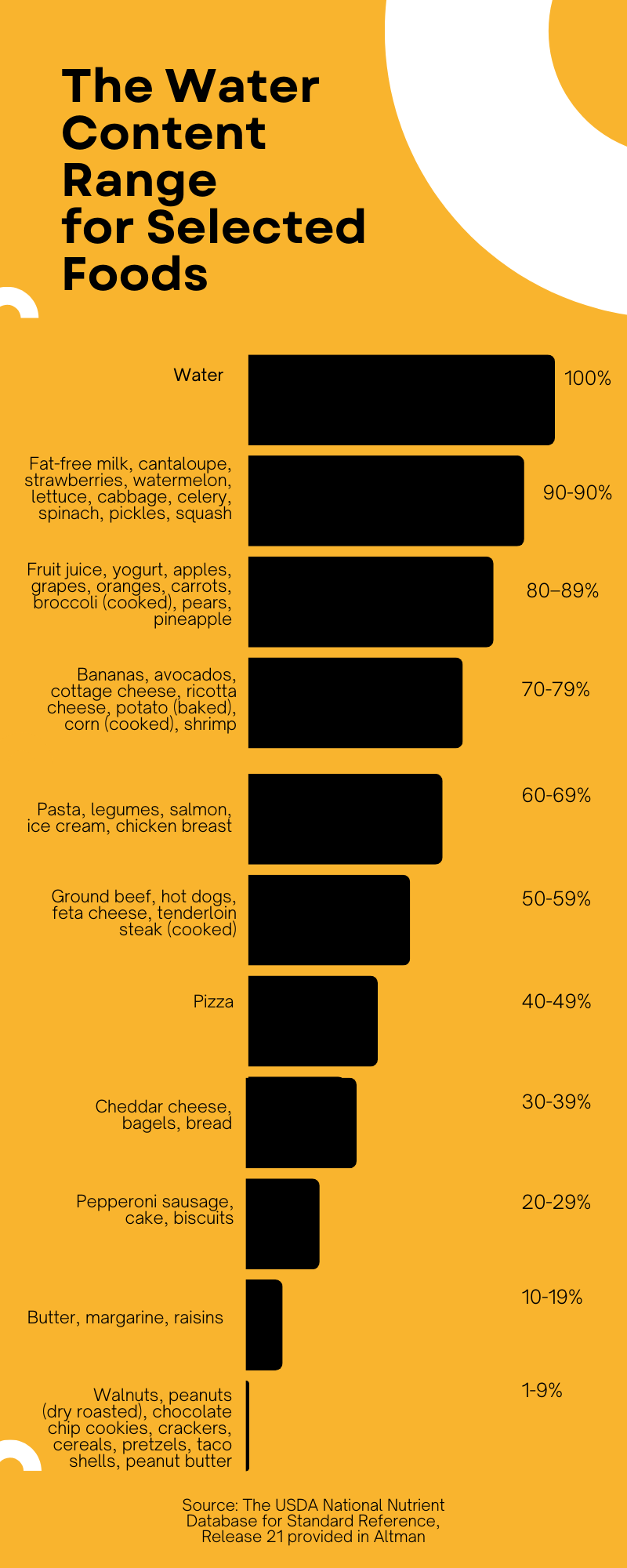
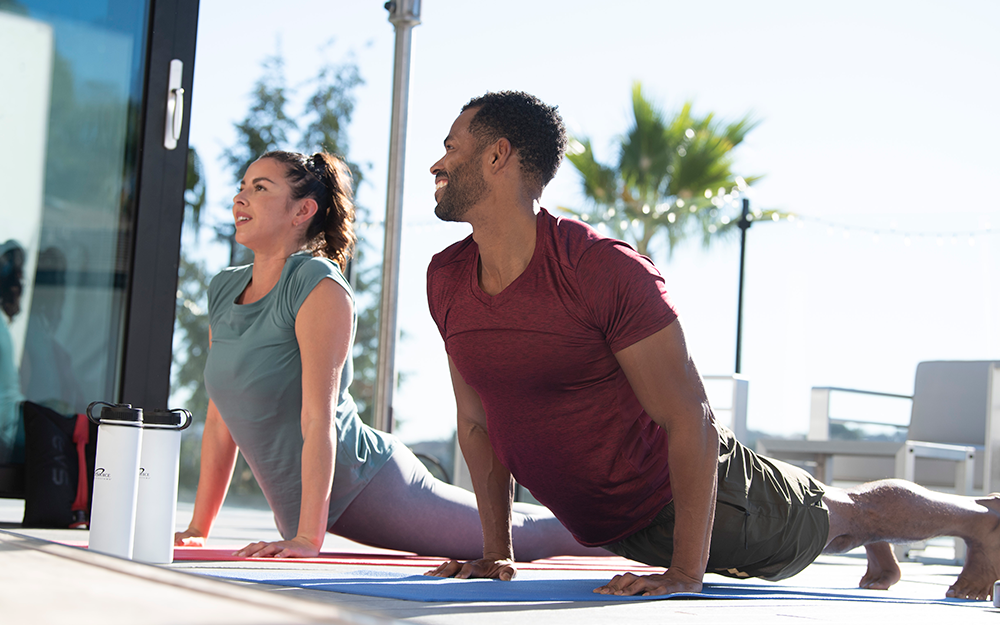
Your Body Knows Best
The best way to stay hydrated, according to experts, is listen to your body. Here are a few more tips to get your daily hydration:
-
Eat foods with high water content such as fruits and vegetables. About 20% of our fluid intake comes from foods.
-
Bring a reusable water bottle with you on-the-go, whether to work, the gym, or the grocery store. Thirst knows no limits.
Note: If you’re pregnant or breastfeeding, engaging in strenuous activity, or working in a hot environment, you'll need more hydration than usual.
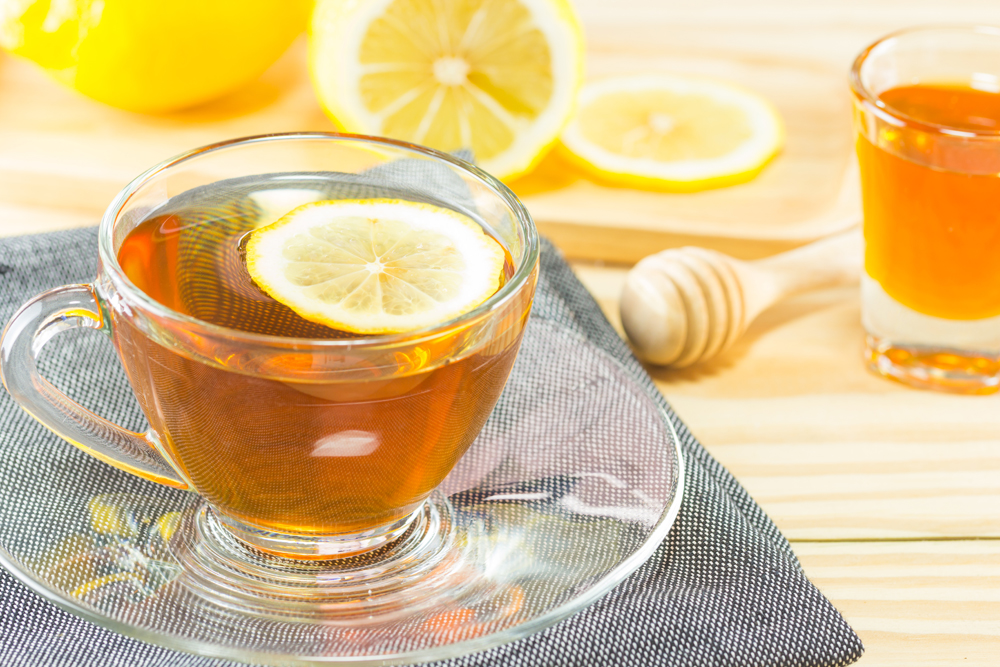
Keep your taste buds happy with these easy modifications.
- Mix one cup of hot water, a teaspoon of apple cider vinegar and one teaspoon of raw unfiltered honey. Benefits: This may ease stomach indigestion, lower cholesterol and promote weight loss.
- Drinking ice water with lemon may encourage digestion and a faster metabolism.
- Hot water with ginger can help reduce migraines, nausea, and chloesterol levels.
How to Get Quality Water, Instantly
The most convenient, reliable and cost-effective way to get quality water in your entire home is to invest in a whole house water filtration system. As its name suggests, a whole house system gives you filtered and protected water from every tap in your home.
Imagine waking up and getting clean and great-tasting, filtered water straight from your bathroom tap. That's what you get with a whole house system, plus more vibrant laundry, more manageable scale buildup, and softer skin and hair.
The right whole house water filtration system will filter out chlorine, chloramines and other contaminants.

Stay Hydrated, Not Just In the Morning
While there are many proven benefits associated with drinking water, studies show that the time of day doesn't necessarily matter—just stay adequately hydrated all throughout the day.
Nonetheless, tomorrow morning, reach for that refreshing cup of water before your morning cup of joe. You might feel supercharged to tackle your day.
On hot days, use tips from how to stay cool in a heat wave.
Note: This post was originally published in May 2018. Updated March 2024.
FAQs
How much water should I drink when I wake up?
Start with 8–16 oz (250–500 ml). Increase if you exercise, sweat, or it’s hot. Hitting your total daily fluids matters more than the exact morning amount.
Cold vs warm water in the morning—does it matter?
Mostly preference. Choose the temperature you’ll drink consistently; warmer can feel soothing, colder more refreshing.
Is lemon water better than plain water?
Lemon adds flavor, which can help you drink more—but the main benefit comes from hydration. Rinse or use a straw to protect enamel.
Does filtered water help me keep the habit?
Yes—taste and convenience drive consistency. If you’re choosing a setup, compare whole-house vs. under-sink filters to fit your routine.

